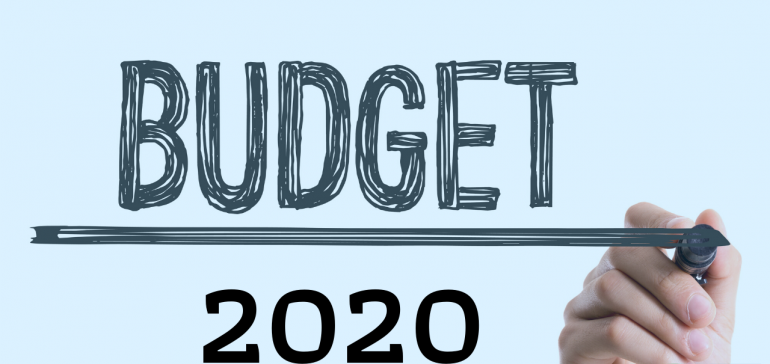A lot is written on retirement. “Start early” has always been the advice of all the planner. But how many follow? I know it is easier said than done. There is always the next thing on the to-do list which needs to be bought be it something for kids, their education, marriage, or for the house and the list is a never-ending one. But to avoid situations where we saw in the first article (https://www.dhanplanners.com/finance/tips-to-save-money-during-retirement/) on retirement planning where you need to cut expenses during your retirement best to start early.
The recent pandemic has thrown everyone’s calculations in the air. Again if there is a plan in place you will not be too off track for long. I am not saying to start saving right away. But if you have calculated the amount you will require post-retirement you will have an approximate idea as to how much you will require at the time you retire and how much you will have to start saving from now.
Let us see the calculation –
The general opinion has always been that once one has saved Rs one crore you are all set for retirement. Here is where all of you are wrong.
Every individual’s retirement corpus is different, as loads of factors have to be taken into consideration for calculating the right amount of corpus. So what are these factors? There are two ways one can calculate one’s retirement corpus. The first method is where you take your income into consideration. The second method is where you take your expense consideration.
Individuals who are below the age group of 50 or younger should take their income into consideration, as their expenses are still not fixed since the children are still small and other responsibilities are more. Individuals above 50 should take their expenses into consideration, as they are pretty certain as to how much their expenses would be.
Increase in expenses certainly should be factored in. Listed below are factors for both the approaches:
| Income Method | Expensed Method |
| Current Age | Current A |
| Expected Age at Retirement | Expected Age at Retirement |
| Number of years left for retirement | Number of years left for retirement |
| Life expectancy at death | Life expectancy at death |
| Years after retirement | Years after retirement |
| Current annual INCOME | Current annual EXPENSE |
| Expected annual growth percentage in INCOME | Expected annual growth percentage in EXPENSES |
| Annual INCOME at retirement age | Annual EXPENSE at retirement age |
| Rate of return on Retirement Corpus | Percentage of the annual expense required after retirement |
| Inflation rate | Required annual expenses at retirement |
| Inflation-adjusted Rate of Return | Rate of return on retirement corpus |
| Retirement corpus | Inflation rate and retirement corpus |
The above table will give you the corpus required for a comfortable retirement. How much to save to reach this corpus depends on the factors given below. These are same for both the methods:
- Rate of return during the accumulation phase
- Existing invested corpus
- Number of years to retirement
The above factors will give you the amount you need to start saving from now to reach the corpus.
Note: I cannot stress enough the importance of mediclaim in place starting from a young age as with advancement in age your premium amount will increase and also after a particular age it starts getting difficult to get medical insurance. This should also form an important part of your retirement planning!!!


